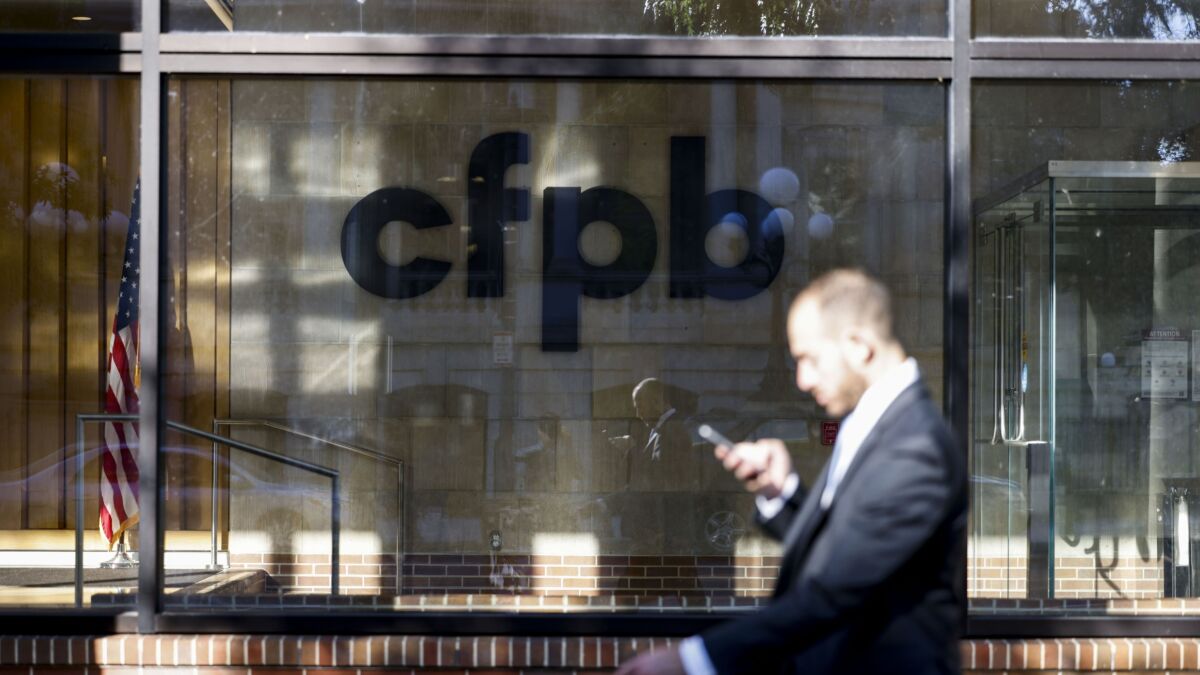Bloomberg News The Consumer Financial Protection Bureau issued a slew of actions on several fronts this week, including restarting a fintech sandbox program and recognizing the standard-setting body for open banking.The CFPB issued separate policy statements on “sandbox approvals” and no-action letters for fintechs. Both policies are expected to be rescinded by an acting CFPB director appointed by President-elect Donald Trump.The policy statements were included at the bottom of an order issued Wednesday recognizing Financial Data Exchange, or FDX, as a standard-setting body under the CFPB’s 1033 personal financial data rights rule. The recognition of FDX is the first issued under the rule and is subject to a ban on conflicts of interest. FDX is required to report on market use of standards to the CFPB and to ensure access to the public of information about its standards.The CFPB released its open banking rule in October, which requires banks and other financial institutions to provide a customer’s personal financial data to another provider for free at the consumer’s request. The CFPB created a formal application process outlining the qualifications to become a recognized industry standard-setting body.Separately, the CFPB also issued updated procedures for companies seeking special regulatory treatment. The sandbox policy allows the CFPB to provide a safe harbor for compliance with the Truth in Lending Act, the Equal Credit Opportunity Act and the Electronic Fund Transfer Act. The no-action letter policy states that the CFPB will not take supervisory or enforcement action against a product or service that complies with its requirements. In 2022, CFPB Director Rohit Chopra scrapped a fintech sandbox program and no-action letter policy created by his predecessor, former Director Kathy Kraninger. She had agreed to give fintechs a legal safe harbor and relief from supervisory and enforcement actions if the companies applied to the bureau to test their products.The two policy statements differ substantially from prior versions, most notably by including a ban on applications submitted by former CFPB attorneys representing companies as outside legal counsel. The bureau said it created the ban to avoid the appearance of conflicts of interest.Richard Horn, co-managing partner of Garris Horn and a former senior counsel and special advisor at the CFPB, said a ban on former CFPB attorneys “is most likely illegal.””There’s a plausible argument that this is a violation of the Constitution, and it doesn’t appear that they really did any analysis,” Horn said. “I can’t imagine that they don’t know the next administration is going to overhaul these programs and make them less restrictive. It’s very easy to rescind a policy statement.”The CFPB said it wants to avoid the appearance of endorsing any product or service because past policies had the effect of conferring special status on companies that received approvals.For the sandbox policy, the bureau said it is

